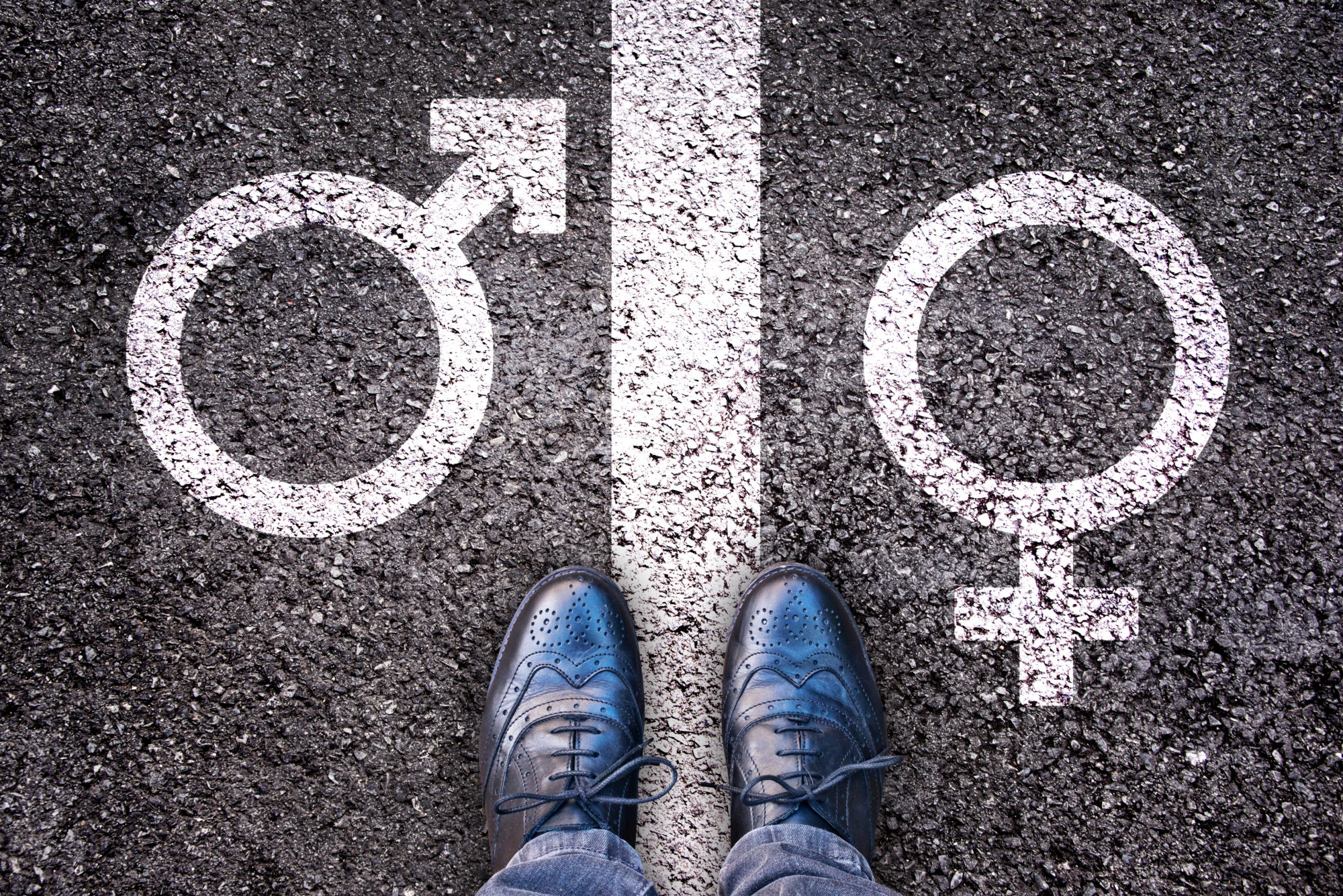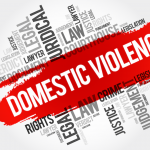
Nepal is an example of how LGBT rights can expand in a socially conservative country
They are commonly known throughout Nepal and the South Asian subcontinent, seen in movies and other media. Hijras, who can be transgender, eunuch or intersex, are a minority group whose history stretches back thousands of years, but have often lived on the margins.
Their status as “third gender” has seen the hijras ostracized in South Asian society, though the traditionally socially conservative region is making progress toward tolerance and protected rights. In 2016, the Nepalese government, granted hijras in that nation third gender recognition, meaning that they could identify on official documents as neither male or female.
The recognition had been in the offing for some time, since the Nepali Supreme Court ruled in favor of third gender recognition in 2007, long before many nations were dealing with the issue on a grand scale, Human Rights Watch researcher Kyle Knight says.
“That shows what a beacon Nepal’s view on the issue has been,” Knight told Rights Universal by telephone from Chicago. Legislation in other South Asian nations has not been as broad as in Nepal, “but legal recognition of third gender sexes is coming to the forefront.”
Nepal even has its first organization for sexual and gender minorities – the Blue Diamond Society. It’s the only organization of its kind in the country.
It’s key activities include health promotion for sexual minorities, psycho-social counseling, raising awareness of HIV/AIDS, the promotion of human rights and sexual health, and the documentation of human rights violations. The organization also provides legal counseling and litigation services to victims and families, enact legal and constitutional campaigns, lobby for policy change, advocacy and media campaigns, and income generation activities for poor members of the LGBTQ communities.
Nepal’s most prominent crusader for equal rights for sexual minorities, Sunil Babu Pant, was nominated as a candidate for the Nobel Peace Prize in 2014. Pant, a former minister of parliament and Nepal’s first openly gay politician, is a gay rights activist.
Under Nepal’s new constitution, adopted in 2015, the LGBTQ community is protected against discrimination, violence and abuse.
The constitution enshrines people’s right to have their government identification cards reflect their preferred gender. Article 18 explicitly lists gender among the characteristics protected from discrimination, alongside origin, religion, caste, tribe, language or ideological conviction.
Article 18 also replaces language in the old constitution that references “male and female” and “son or daughter”’ with gender-neutral terminology. The new constitution also lists “gender and sexual minorities” among groups that will have right to participate in state mechanisms and public services based on the “principle of inclusion.”
In contrast, other countries have banned transgender people.
According to a CNN article from 2015, scholars “point to the hijras as one reason why Nepal, Pakistan and Bangladesh – all socially conservative nations – allow third gender identification, a right that transgender activists in the United States are fighting for.
“In March 2014, activists in America petitioned the U.S. government to recognize non-binary genders and give people who don’t fit male or female categories a legal status of their own. But no official action has been taken on the matter. Just before the petition was launched, social media giant Facebook added a third ‘custom gender option for users’ profiles. U.S. users can now choose among 50 different options including ‘transgender,’ ‘neither’ and ‘gender fluid.’”
In Nepal, same-sex marriages have taken place in public, but are not legally recognized by law.
Gay pride parades and beauty contests have also been hosted in the capital, Kathmandu, but gay rights activists say the LGBTQ community continues to face discrimination.
Nonetheless, South Asia is seen as trailblazer.
Knight, the Human Rights Watch researcher, wrote, “The third gender category’s legal battle gained traction in part because it carried historical echoes of South Asia’s hijara culture.
“But it was also a powerful method because it allowed Blue Diamond to advocate for inclusion on terms familiar to the sclerotic Nepali bureaucracy: via citizenship documents, passports, and survey data. Small administrative gains could be celebrated as major victories, uplifting spirits inside the movement and in a government quite weary of pesky civil society.”
Related Media


